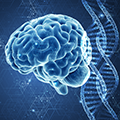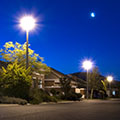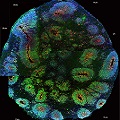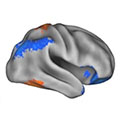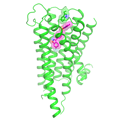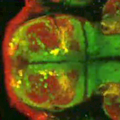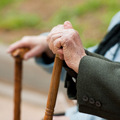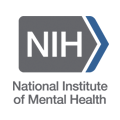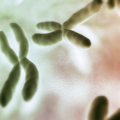Science Updates About Bipolar Disorder
- Study Illuminates the Genetic Architecture of Bipolar Disorder
-
Largest-ever genome-wide study of a diverse group of people with bipolar disorder sheds new light on the genetic architecture underlying the disorder.
- The Ups and Downs of Bipolar Disorder
-
• 75th Anniversary
Josh Santana shares his story of growing up with ADHD and bipolar disorder.
- Clinical Decision Support System Reduces Cardiovascular Risk in Patients With Serious Mental Illness
-
A new study shows the use of a clinical decision support system to prompt the use of shared decision-making tools, such as handouts, may result in positive impacts on long-term cardiovascular health in patients with serious mental illness.
- Genomic Data From More Than 41,000 People Shed New Light on Bipolar Disorder
-
In the largest genome-wide association study of bipolar disorder to date, researchers found about twice as many genetic locations associated with bipolar disorder as reported in previous studies. These and other findings help improve our understanding of the biological origins of bipolar disorder.
- Assessing Suicide Risk Among Childbearing Women in the U.S. Before and After Giving Birth
-
NIMH-supported researchers investigated suicide risk among women in the year before and year after giving birth.
- Gene Readouts Contribute To Distinctness of Mental Disorders
-
A new study conducted by researchers at NIMH suggests that differences in the expression of gene transcripts – readouts copied from DNA that help maintain and build our cells – may hold the key to understanding how mental disorders with shared genetic risk factors result in different patterns of onset, symptoms, course of illness, and treatment responses.
- NIMH’s Carlos Zarate Jr., M.D., Elected to National Academy of Medicine
-
Carlos Zarate Jr., M.D., chief of the Experimental Therapeutics and Pathophysiology Branch within the NIMH Intramural Research Program, has been elected to the National Academy of Medicine.
- Outdoor Light Linked with Teens’ Sleep and Mental Health
-
A large-scale study of U.S. teens shows associations between outdoor, artificial light at night and health outcomes.
- 2,000 Human Brains Yield Clues to How Genes Raise Risk for Mental Illnesses
-
PsychENCODE researchers are discovering the biological mechanisms by which mental illness risk genes work in the human brain.
- Dynamic Associations Among Motor Activity, Sleep, Energy, and Mood Could Suggest New Focus for Depression Treatment
-
A new study looking at interactions among sleep, energy, activity level, and mood suggests that instability in activity and sleep systems could lead to mood changes. The findings suggest new targets for depression treatment.
- Inflammation in Pregnant Moms Linked to Child’s Brain Development
-
High levels of maternal inflammation during pregnancy have been linked to effects in children, including reduced brain circuit communications and altered long-distance brain wiring at birth, poorer cognitive function at one year – and to reduced impulse control and working memory at two years.
- Molecular Secrets Revealed: Antipsychotic Docked in its Receptor
-
Scientists have deciphered the molecular structure of a widely-prescribed antipsychotic docked in its key human brain receptor. The discovery may hold clues to designing better treatments for schizophrenia, bipolar disorder and other mental illnesses.
- Brain’s Alertness Circuitry Conserved Through Evolution
-
Using a molecular method likely to become widely adopted by the field, researchers have discovered brain circuitry essential for alertness – and for brain states more generally.
- Mood Stabilizing Medications an Effective Option for Older Adults with Bipolar Disorder
-
Two standard medications for bipolar disorder were effective in controlling symptoms at doses tailored to older people in a clinical trial of treatment in adults over age 60.
- Coping With Familial Mental Illness in Stressful Times
-
“An NIH/NIMH lifer” reveals how his Asian American family successfully coped with severe mental illness compounded by discrimination.
- Twitter Chat on Disruptive Mood Dysregulation Disorder and Severe Irritability
-
A live Twitter chat discussing the symptoms and treatments for disruptive mood dysregulation disorder and severe irritability.
- Symptoms Outdo Diagnoses in Predicting Bipolar Disorder in At-Risk Youth
-
Three types of symptoms emerged as powerful predictors of whether a youth with one parent with bipolar disorder will go on to develop the disorder, according to a new NIMH-funded study of 391 at-risk youth.
- Genome-Wide Study Yields Markers of Lithium Response
-
Genome-Wide Study Yields Markers of Lithium Response



